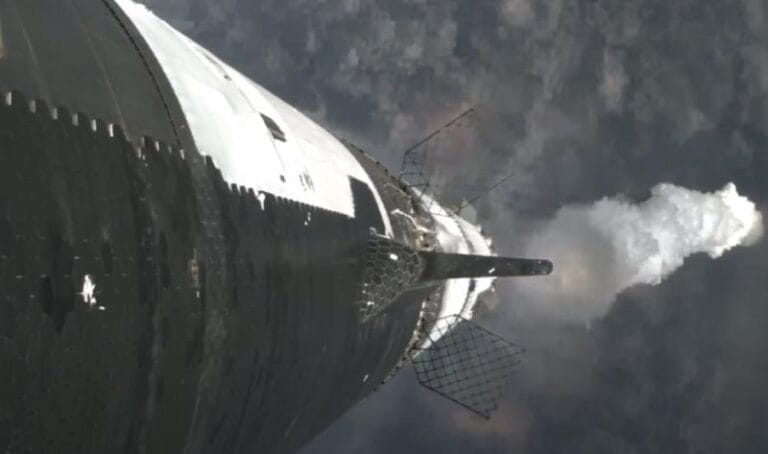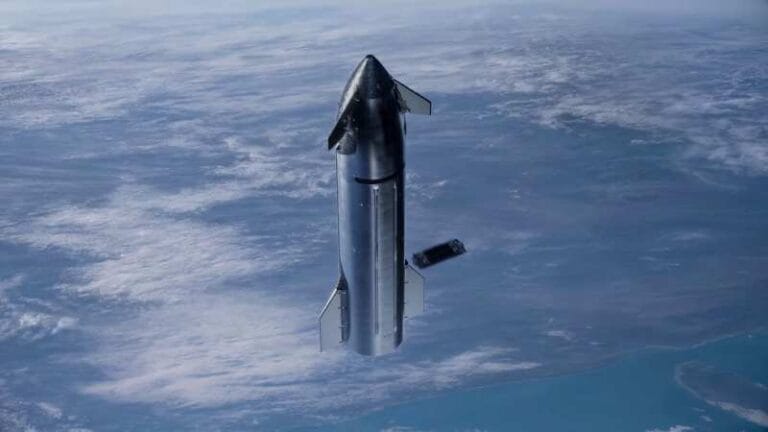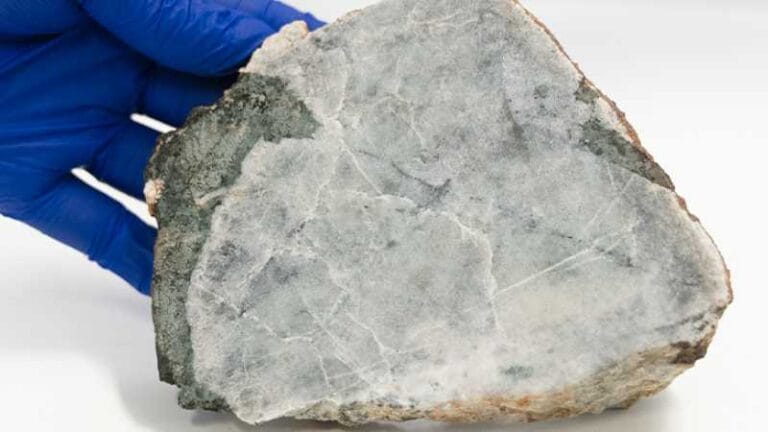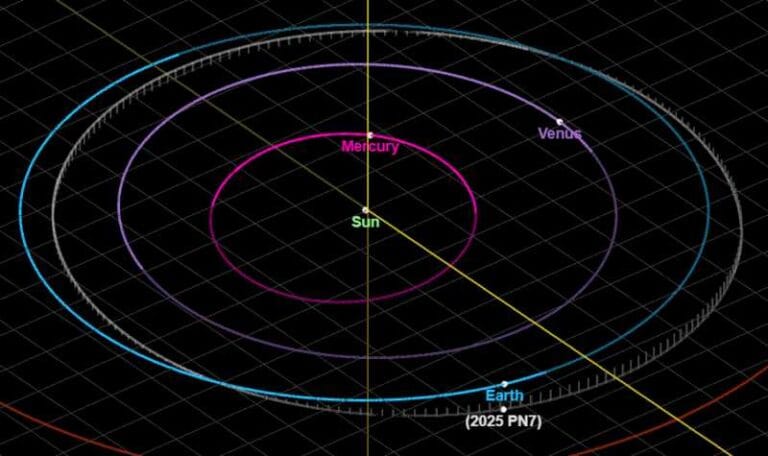Field Emission Electric Propulsion: Mass Production Initiates
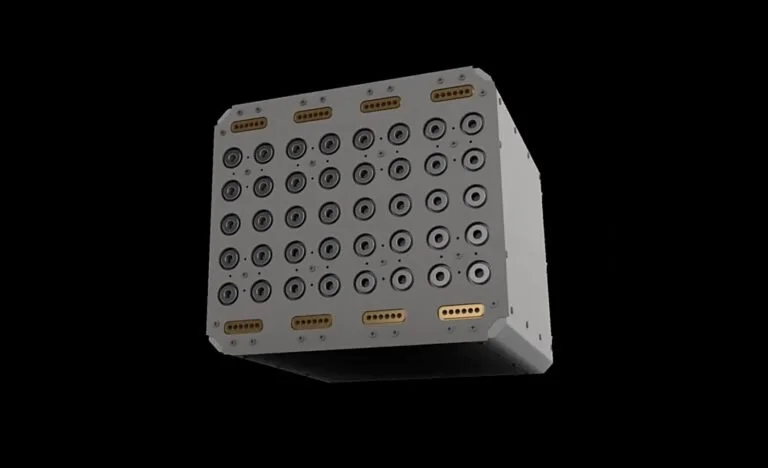
German company Morpheus Space has inaugurated the world’s first facility for the mass production of its second-generation field emission electric propulsion (FEEP) system, the GO-2. Located in Dresden and called “Reloaded”, the new facility has already started production of 100 units of the GO-2, which uses liquid metal as a propellant and promises to revolutionize satellite mobility.
In an interview with The Debrief, Morpheus Space executives stressed the importance of Reloaded in meeting the growing demand for efficient and available propulsion systems. Kevin Lausten, the company’s president, said: “One of the biggest problems facing satellite operators today is the limited supply of propulsion systems available. We intend to scale up production of the GO-2 sufficiently to meet this growing demand.” He explained that the GO-2 offers an affordable solution for satellite orbital maneuvers, enabling extended mobility throughout the mission. “By offering a more affordable and readily available propulsion system, capable of facilitating all the necessary maneuvers, from initial orbit to exit from orbit, GO-2 marks an important leap forward for the sector.”
The movement and change of position of satellites in space depends on fuel, and the high launch costs, usually determined by the weight of the payload, make the addition of extra fuel quite costly. Electric propulsion systems, which use energy generated by solar panels, have gained prominence for their efficiency, although they still require some kind of propellant.
Since its creation in 2018, Morpheus Space has been working to minimize the amount of fuel needed by developing long-lasting and powerful propulsion technology. The company’s CEO, Daniel Bock, described the GO-2 as an efficient and innovative plug-and-play propulsion system suitable for space mobility.
“This independent, plug-and-play electric propulsion system is one of the most capable, efficient and innovative solutions for mobility in space,” Bock explained in an email to The Debrief. Lausten added that, despite operating at the lower end of the thrust spectrum, the system is extremely efficient and safe: “It’s at the lower end of the thrust in the propulsion spectrum, but it’s incredibly efficient and much safer.”
Reloaded positions Morpheus Space as an ideal partner for companies and government organizations looking for more affordable and versatile propulsion solutions, without sacrificing mobility. Bock said that the industry is transitioning from large, expensive satellites to smaller, more cost-effective satellite networks, and that the new facilities will allow for greater flexibility and adaptability to changing needs. “The industry is transitioning from large, expensive satellites to proliferating networks of smaller, more affordable satellites. These constellations, traditionally planned and deployed years in advance, lack the flexibility to adapt to changing needs.”
Martin Kelterer, COO of Morpheus Space, pointed out that the Reloaded facility will enable the global demand for efficient electric propulsion systems to be met, while ensuring high-quality production processes to offer reliable products to customers. “Production has the task of meeting the growing global market demand for our efficient electric propulsion systems. To this end, the quality of production processes is of paramount importance in order to deliver reliable and efficient products to our customers.”
The company is also exploring ways to reduce the initial costs of launching satellites by introducing a pay-as-you-go system, which could benefit emerging companies in particular, allowing costs to be spread over time. “Building and launching a satellite is expensive, and operators don’t start earning revenue from these investments until the satellite is in orbit,” Lausten told The Debrief. “Commercial satellite operators who want to better align their costs with revenue are ideal candidates for the ‘Pay-as-you-Go’ model.”
Lausten concluded that Reloaded’s efficient and reliable approach is a positive change for the industry, where high costs and reliability are crucial. Bock added that Reloaded’s ability to meet the demand for GO-2 could revolutionize satellite and spacecraft navigation in Earth orbit, promoting a more sustainable and efficient way of operating in space. “Fuel availability, reliability and efficiency have long been barriers to space mobility. We would like to see mass adoption of GO-2 so that we can establish a more capable and sustainable way for satellites to navigate our orbits.”

